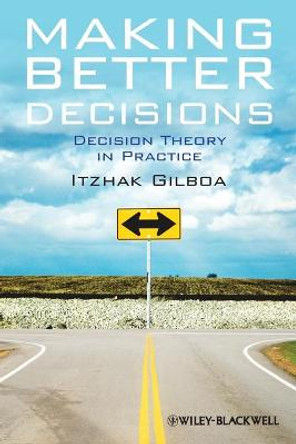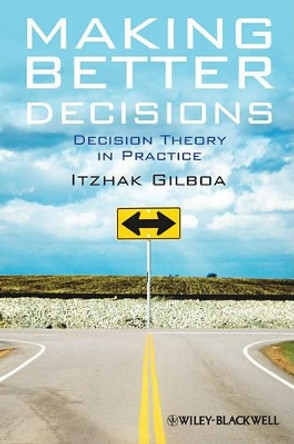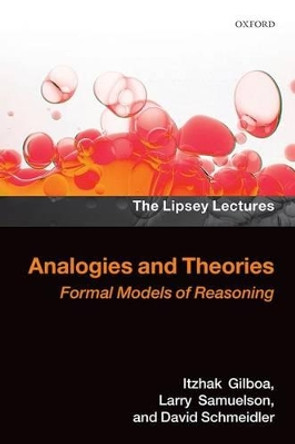Gilboa and Schmeidler provide a paradigm for modelling decision making under uncertainty. Unlike the classical theory of expected utility maximization, case-based decision theory does not assume that decision makers know the possible 'states of the world' or the outcomes, let alone the decision matrix attaching outcomes to act-state pairs. Case-based decision theory suggests that people make decisions by analogies to past cases: they tend to choose acts that performed well in the past in similar situations, and to avoid acts that performed poorly. It is an alternative to expected utility theory when both states of the world and probabilities are neither given in the problem nor can be easily constructed. The authors describe the general theory and its relationship to planning, repeated choice problems, inductive inference, and learning; they highlight its mathematical and philosophical foundations and compare it with expected utility theory as well as with rule-based systems.
Gilboa and Schmeidler provide paradigm for modelling decision making under uncertainty.About the AuthorITZHAK GILBOA
Reviews'... an interesting theory based on a new paradigm for modelling decision making under uncertainty ... it is a very careful presentation in content and editorial work.' Mariano Ruiz Espeijo, Zentralblatt MATH
'... very high quality, and well worth reading for graduate students as well as others interested in decision theory.' Journal of Economics and Philosophy
Book InformationISBN 9780521003117
Author Itzhak GilboaFormat Paperback
Page Count 210
Imprint Cambridge University PressPublisher Cambridge University Press
Weight(grams) 302g
Dimensions(mm) 216mm * 139mm * 16mm









